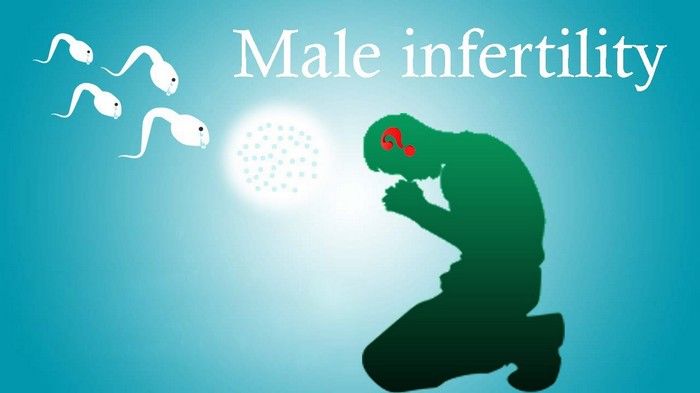Male infertility refers to the inability of a man to impregnate his partner during sexual intercourse. This condition may be caused by various reasons, including low sperm production, abnormal sperm function, or obstruction of sperm transport. The following are some common symptoms of male infertility:
Sexual Dysfunction
A common symptom of male infertility is sexual dysfunction, which may include difficulty ejaculating or low ejaculate volume, decreased libido, or difficulty maintaining an erection (erectile dysfunction).
Testicular Pain, Swelling, or Lump
Another possible symptom is pain, swelling, or a lump in the testicular area.
Recurrent Respiratory Infections
Male infertility may also lead to recurrent respiratory infections.
Loss of Smell
Male infertility may also lead to loss of smell.
Abnormal Breast Development
Male infertility may also result in abnormal breast development (gynecomastia).
Decreased Facial or Body Hair
Male infertility may also lead to decreased facial or body hair.
Low Sperm Count
An important indicator of male infertility is a low sperm count, defined as less than 15 million sperm per milliliter of ejaculate or a total count of less than 39 million sperm.
No Obvious Symptoms
It is worth noting that male infertility does not always present obvious symptoms. In many cases, male infertility is discovered through semen analysis, such as poor semen quality, such as oligospermia, asthenospermia, or azoospermia.
In summary, symptoms of male infertility may include sexual dysfunction, testicular pain, swelling, or lump, recurrent respiratory infections, loss of smell, abnormal breast development, decreased facial or body hair, and low sperm count. If you suspect you may have symptoms of male infertility, it is advisable to seek medical help for evaluation as soon as possible.























